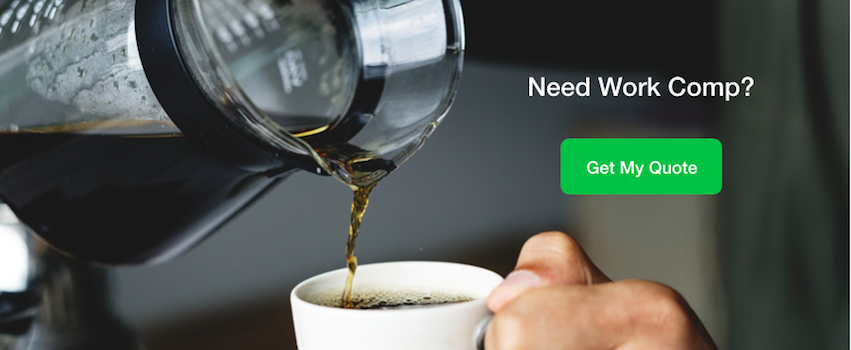Starting and running a small business is a thrilling yet demanding journey. One crucial aspect to consider as a small business owner is selecting the right insurance policies to protect your enterprise. The types of insurance you need can vary significantly depending on your business's lifecycle stage and specific operations, whether you’re a solopreneur, retailer, contractor, or running a growing small business. Here’s a breakdown to help you navigate this important decision.
The Work-From-Home Entrepreneur

As a solopreneur, you manage every aspect of your business yourself. Your office might be your home, a co-working space, or even a coffee shop. You likely have minimal overhead, with key equipment such as a computer or camera. Here are the essential insurance policies for your setup:
- General Liability Insurance: This covers damage to people or property resulting from your services, products, or operations. It includes legal fees, settlements, and damages from business-related lawsuits.
- Professional Liability Insurance (E&O): Protects against claims from mistakes in your professional services. If your work causes harm, this policy covers legal fees and settlements.
- Cyber Insurance: With the rise of cyber attacks, this policy protects against internet and technology-based risks.
The Solo Shopkeeper

Running a small retail business means you have a storefront, inventory, and merchandise, all of which can be potential liabilities. Your insurance needs include:
- General Liability Insurance: Essential due to the higher risk of accidents in your store, such as a customer slipping and falling.
- Commercial Property Insurance: Protects your building, inventory, furniture, and equipment against theft, storms, fire, and other damages.
- Commercial Auto Insurance: Necessary if you have company-owned vehicles, like a delivery truck.
The Small Contracting Company

As a small contracting business, you might have a commercial space, work on-site, and own expensive equipment. Your insurance requirements expand accordingly:
- General Liability Insurance: Protects against injuries or property damage related to your work.
- Tools and Equipment Insurance: Can be purchased as a standalone policy or part of a business owner’s policy (BOP). It covers the loss or damage of your tools and equipment.
- Commercial Auto Insurance: Covers all work vehicles in your fleet.
- Workers’ Compensation Insurance: Legally required and crucial for covering employee injuries or illnesses related to their job. It includes medical expenses, wage replacement, rehabilitation, and legal fees.
The Growing Small Business Owner

As your business expands, your insurance needs will grow too. A common example is a restaurant with multiple employees, a physical location, and possibly delivery vehicles. Essential insurance policies include:
- General Liability Insurance: Protects against property damage or injuries caused by your products or services. For restaurants, this might cover lawsuits related to food-borne illnesses.
- Commercial Property Insurance: Protects your real estate, inventory, equipment, and furniture from damage or theft.
- Commercial Auto Insurance: Necessary for businesses with delivery or catering vehicles.
- Business Owners Policy (BOP): Combines several types of coverage, typically including property and general liability insurance, into one policy.
- Workers’ Compensation Insurance: Covers employee injuries or illnesses, as required by law.
- Disability Insurance: Provides compensation if you’re unable to work due to a disability, protecting you, your family, and your business.
- Health Insurance: Depending on your business's size and location, offering health insurance can help attract and retain employees.
Choosing the right insurance policies for your small business involves assessing your specific risks and needs. By understanding the coverage required at different stages of your business, you can ensure your enterprise is well-protected and positioned for long-term success.
Now that you know which best matches your small business, you can search for and purchase the appropriate insurance policies. For more insurance advice and resources, read The Entrepreneur’s Guide to Small Business Insurance.





